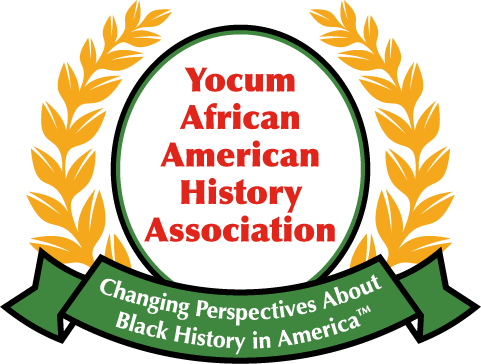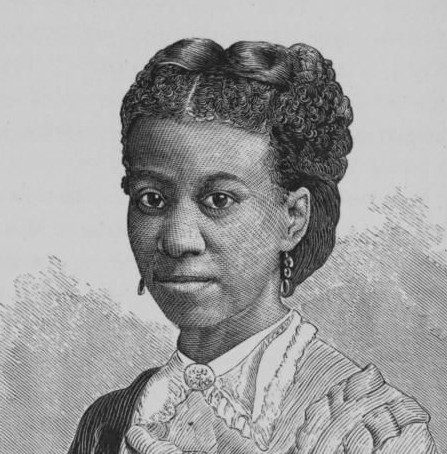Fisk University was founded in 1866 in Nashville, Tennessee, as a predominately black university. In 1871, the school was in financial need, and the choir director, George Leonard White, and the university treasurer came up with an idea to have the choir go on tour to raise money for the university. The choir is known as the Fisk Jubilee Singers and still performs today.
Soprano Ella Sheppard, a member of the choir, became the matriarch of the Fisk Jubilee Singers. As the choir began their tour, they sang songs of European origin, received polite applause and little monetary reward, so they changed their arrangements for the encore and used some spirituals. The response was exuberant applause. Ella Sheppard was left in charge of the choir to create new musical arrangements for the African American spirituals while George White traveled ahead to make agreements for the next concert.
The African American spiritual is a religious folksong associated with the enslavement of African people in the South. When Africans were introduced to Christianity in the 17th Century, they Africanized Christianity to help them deal with slavery. The slave population loved the Biblical stories and felt it expressed the sorrows and hopes of the enslaved. These songs were codified protest songs used to communicate with each other without their masters’ knowledge. Their masters could not take away their music. The music is deeply personal and reflects the black struggle of overcoming, healing, love, dignity, and purpose.
The Fisk Singers gave a concert at Oberlin College on November 16, 1871, to the National Convention of Pastors, their popularity soared. By singing such secret music as “Steal Away,” word started to spread, and every church wanted the Fisk Jubilee Singers. These were the songs African Americans sang in the fields, around the campfire, and behind closed doors.
There are more than 6,000 spirituals. Most of the songs were orally handed down. Wallace Willis, a slave, composed “Steal Away,” “Swing low, sweet chariot,” and “Deep in my heart.” Some other examples are “Go Down Moses,” “Sometimes I Feel Like a Motherless Child,” and “We Are Climbing Jacob’s Ladder,” which is a spiritual that implies that God’s promise to Jacob will also lead a slave to freedom.
These songs gave slaves hope that they would rise up and escape slavery.
We Are Climbing Jacob’s Ladder from Ken Burn’s 1990 Documentary, The Civil War, (4:02) https://video.search.yahoo.com/search/video?fr=mcafee&ei=UTF8&p=we+are+climbing+jacob%27s+ladder&type=E210US0G91538#id=2&vid=5a5324f8e8de0bb29d9f96b2670a22a5&action=view
Army Life in a Black Regiment by Thomas Wentworth Higginson, 1870
Slave Songs of the United States by William Frances Allen, Charles Pickard Ware, Lucy McKim Garrison, 1867

